Discover Us & Them
Us & Them

222 Episodes
Reverse
More than 4.5 million Americans cannot vote because of a felony conviction but only about a quarter are currently in prison. On the newest episode of Us & Them, host Trey Kay talks with people who support expanded voting rights for felons, and those who say people who’ve committed crimes should forfeit their rights until they serve their entire sentence, including any probation or parole. Felon disenfranchisement laws differ significantly from state to state and even legal experts say it can be difficult for someone to know their rights. In a few states a person can vote from prison, while in others, voting rights are restored upon release or completion of parole or probation. Despite recent trends to expand voting rights, some states are moving in the opposite direction. In Florida, voters passed an amendment to restore voting rights to most people with felonies, but lawmakers passed a new law requiring that people pay all of their court fees first. And in Virginia only the governor can restore the right to vote for someone convicted of a felony.
Our country’s divides often reveal themselves in our choices and habits, including how and where we get our information. As the economics of the media landscape have imploded, the economics of the industry have forced changes. In the past two decades, online sites have taken over much of the income stream from classified ads and general advertising. That has led newspapers and broadcasters to slash thousands of jobs. Many local news outlets have gone out of business and there are now more than 200 counties across the country with no source of local news. One of those is McDowell County in West Virginia. Last year, publisher Missy Nester was forced to shut down the Welch Daily News after a valiant effort to keep the paper running. Join host Trey Kay and reporter Todd Melby on this episode of Us & Them to see what happens when local news organizations stop telling the stories of a community.
There's a nationwide rift among farmers over the use of dicamba, a popular herbicide. A 2024 federal court ruling has halted dicamba's use, but the Environmental Protection Agency has given the green light for farmers to use existing supplies this year. In this episode of Us & Them, we revisit a story from our archives that delves into the intense battle unfolding in farm country. Originally designed to help soybean farmers combat 'pigweed,' dicamba has proven controversial because it drifts from where it’s sprayed, causing harm to desirable plants. The legal fallout has reached a point where farmers and gardeners hesitate to speak out about crop or plant damage due to fear. On the flip side, those advocating for dicamba have taken the matter to court, challenging the authority over pesticide use rules in some states. In a departure from the typical tight-knit atmosphere of rural farm communities, where issues are often resolved locally, Arkansas is experiencing an un-neighborly atmosphere, with tensions escalating.
Our healthcare systems continue to struggle from aftereffects of the pandemic. The most recent example spotlights Medicaid - a joint federal and state program that provides health coverage for more than 90 million Americans with limited resources. After several years of continuous coverage, now everyone must reapply for eligibility. In the this episode of Us & Them, host Trey Kay reports more than a quarter of West Virginia residents rely on Medicaid for their healthcare. It pays for three-quarters of West Virginia’s nursing home residents; and nearly half of the state's school kids use Medicaid to pay for their annual checkups. However the application process is finding many ineligible because of changes in personal information and contact data that weren’t updated in the system. Join us as we look at the ‘unwinding’ of Medicaid, as millions of the nation’s most vulnerable struggle to maintain their health coverage.
State borders are the new front lines in the nation’s abortion battle. On this episode of Us & Them, host Trey Kay looks at the evolving geography of abortion. Since a 2022 U.S. Supreme Court decision overturned federal abortion rights, 21 states have either banned or restricted abortion access, including West Virginia. Meanwhile, West Virginia’s neighbor, Maryland, is one of 22 states that are protecting abortion rights and expanding access. Kay follows the decision of Women’s Health Center of West Virginia to move its abortion services from Charleston to a new clinic just over the border near Cumberland, Maryland. The move was intentional because western Maryland, like West Virginia, is a so-called abortion desert. The two regions have some deep political and cultural similarities. Western Maryland Republicans say they feel ignored by the overwhelmingly liberal, Democratic legislature in Annapolis. They say the new abortion clinic is not wanted or needed in their part of Maryland, and they blame the clinic’s presence on the fallout from Roe v. Wade’s defeat.
It’s estimated that more than a quarter of the adults in West Virginia have a criminal record. That includes cases with one arrest or more, but no conviction or jail time. Those records can still show up years later in a background check and make someone ineligible for a job or a place to live. On this Us & Them, host Trey Kay looks at the road toward a second chance. Nearly every state now has some sort of process to seal or expunge a record depending on the severity and type of crime, for people who want to take steps toward their future. In this episode, we look at the process which can be complicated and time consuming. Some say it has given them hope — while others suggest there are dangers in shielding potential employers from the truth about people they might hire.
American politics is now a very ‘us and them’ world. Insiders know the privilege of power, but loyalties can shift and doors can slam shut. Cassidy Hutchinson, who worked in the Trump administration knows both sides. She was a dedicated White House staffer who’s best known for her stunning testimony to the January 6th committee. Us & Them host Trey Kay talks with Hutchinson about her memoir “Enough,” which offers an intimate portrayal of life on the inside and a failed effort to stay in power. Hutchinson faced decisions some of her former superiors refused, including those who defied subpoenas to testify before the Congressional committee. This episode provides a front row seat to the beginnings of the legal sagas that may hold an influence over next year’s elections.
It’s the time of year to look back on where we’ve been and prepare for what’s ahead. Us & Them host Trey Kay has been reflecting on 2023, and a theme that’s been consistent - trust, or more importantly, our lack of trust in each other and our institutions. In this episode, we’ll explore how that reality could shape the year to come and its social and political landscape. Kay will also remember several people he met during the year who have passed away unexpectedly and reflect on the work they were so passionate about. We’ll hear from friends and colleagues about how their legacies will continue. In 2024, there’s a lot at stake and the Us & Them team will keep learning about it all in our conversations across the divides.
Friendships that last through the years can be a remarkable gift. In this episode of Us & Them, host Trey Kay remembers his dear friend Alice Moore who recently passed away. Kay talks about the gentle kindness that defined their relationship, which stretched across the divides of their social and political beliefs. Moore made West Virginia — and national — headlines in the 1970s over a contentious and violent conflict focused on public school textbooks. As a county school board member, Moore opposed new language arts textbooks because they offended her religious and political views. Kay says his documentary on the Kanawha County Textbook War introduced him to Moore and opened the door to a friendship that has taught him about relationships, politics and people.
Our confidence is eroding. Polls and surveys report we’ve lost trust in one another and in some of our most essential institutions. As a followup to September’s event at WVU on trust in the media, Us & Them host Trey Kay has a new conversation focused on our trust in science. The COVID pandemic presented examples of our differing confidence in science and medicine. We continue the abortion debate with the central question of when life begins. A few decades ago, evolution was in the spotlight with divisions over the origins of the universe, and of our own species. Now, climate change clearly illustrates our varying understanding about how the world is changing. There was a time when scientific advances were heralded - they saved lives, they told us more about our world. But some researchers have not held to the ethical underpinnings that help police research. Now, some see scientists as villains who are not always worthy of our trust. Have we simply lost interest in scientists or in the scientific process? Join us for a new Us & Them from a recent live event on the campus of Marshall University in Huntington, W.Va.
In this episode of Us & Them, host Trey Kay invites his dinner party guests to gather once again for some fresh conversation across the divide. Kay’s friends, old and new, all share a favorite dish at the potluck meal while offering honest and sometimes raw accounts of how the social and political issues of the day affect them. Kay guides the conversation through a range of potential minefields - including the indictments of former President Trump, trust in elections, allegations of government corruption and our nation’s changing abortion laws. The show highlights heartfelt disagreements while acknowledging moments of common ground.
Trust is in short supply in America as social and political divides continue to erode our faith in our democratic republic. National surveys and polls show that people distrust each other as well as our government and institutions. Us & Them host Trey Kay recently partnered with West Virginia University’s Reed College of Media for a conversation focusing on diminished trust in journalism and the news media. He spoke with special guests Raney Aronson-Rath, editor-in-chief and executive producer of PBS Frontline, and June Cross, director of the documentary journalism program at the Columbia Journalism School. The panelists agreed that the rise of social media and the hollowing out of local news have been part of the problem. The event included thought-provoking audience questions and comments about who and what they trust. This episode of Us & Them draws from that live event as we figure out where to turn for reliable information.
Many Americans are getting good at ignoring friends and relatives who disagree with them. Roughly four in ten registered voters say they don’t have a close friend who supports the opposing party’s candidate according to a Pew Research study. Think how often you’re tempted to unfriend someone on social media. However, some lifelong friendships seem to beat those odds and the people in them say it enhances their understanding of the world. On this Us & Them episode, host Trey Kay hears two childhood friends from Ohio explain how their connection reminds them how much they have in common. They do that, despite agreeing to disagree on some pretty important things along the way. They do it, in the name of their friendship.
Overcrowding and understaffing have pushed West Virginia’s prisons and jails to what many believe is a crisis point. On this episode of Us & Them, we hear what incarceration is like for someone in a mental health crisis. Hundreds of thousands of people with mental illnesses are caught up in a criminal justice system that was never intended to treat them. In a recent special session, West Virginia lawmakers earmarked $30 million to address staffing shortages and provide pay raises and retention bonuses to correctional staff. There is also $100 million for deferred facility maintenance. However, a new lawsuit against the state on behalf of West Virginia inmates, demands more than three times that amount is needed.
In the aftermath of a disaster, people search for assistance and answers. Since a rural Ohio train derailment sent toxic material into the air, soil and water earlier this year, people in East Palestine have needed help. Some look to the government for that support, while others aren’t sure who to trust. In this episode of Us & Them, host Trey Kay hears from residents who face daunting challenges. Some say government agencies are doing their best at ongoing cleanup, while others say delays and inconsistent information leave them uncertain about their safety and unclear about whether they can go home.
At least 20 states have laws banning transgender girls and women from competing on girls and womens sports teams. On the next episode of Us & Them, host Trey Kay looks at the battle over gender and sports. Kay talks with transgender athletes who say they want to be who they truly are as they compete on the playing field. We hear from a state lawmaker who says the new laws are not anti-trans, but rather designed to protect girls and women from unfair competition playing against transgender athletes. A U.S. Supreme Court ruling allows a transgender girl in West Virginia to compete on her middle school girls team for now, while a state lawsuit continues.
Travel is an activity some people use as a classroom. Leaving the familiar lets us learn about culture, history, the environment and many other topics. Us & Them host Trey Kay joined a small group to travel through America’s southern states learning about the country’s racial past and the impact of the Civil Rights movement today. This immersive journey took them across several states to places that have come to define periods in America’s racial history—from Charleston, South Carolina’s slave trade market to Ebenezer Baptist Church in Atlanta. The group visited sites that put this country’s racist history on display, and Kay was along to hear them reflect on our nation and themselves.
This episode of Us & Them was first released in December of 2022 and since then, it has received a regional Edward R. Murrow award from the Radio Television Digital News Association for best podcast. We've updated the episode and want to share it with you again now.
In West Virginia there are nearly 50 specialized court programs designed to help teens and adults kick their drug addictions. Drug courts divert people away from incarceration into a rigorous, court-monitored treatment program. They are intense experiences, some more than a year long. Participants are drug tested regularly and require monitoring devices. Graduation rates across the country show success rates from 29% to more than 60%. There are many supporters within the justice system, but critics say drug courts only work with the easiest first-time offenders and don’t take violent offenders or sex offenders. Some drug courts require a guilty plea before someone can participate, which can limit a person’s options if they don’t make it through the program. In the next Us & Them, host Trey Kay talks with people about this court-designed approach to sobriety that began nearly 50 years ago when the first drug court opened its doors.
More than 12 percent of Americans, or 42 million people, need help getting enough food to eat. In West Virginia, that number is about 18 percent. That help comes from a federal program called SNAP - the Supplemental Nutrition Assistance Program, formerly called food stamps. The Mountain State is one of the top recipients of SNAP benefits - nearly 45 percent are older adults or families with someone who’s disabled while nearly 60 percent are families with children. The government’s food support program actually has its roots in McDowell County, West Virginia where it began as a pilot project in the 1960s. Since then the program has reduced poverty and hunger across the nation. Today, SNAP gets caught up in political debates and election cycles. On this Us & Them episode, host Trey Kay talks with three people, a retiree, a mom and a lawmaker who all say that nutritional support has made a difference in their lives.
West VIrginia’s state prisons and jails are overcrowded and understaffed. Just over half of those who are incarcerated have not yet been found guilty of a crime, they’re in a cell because they can’t make their bail. Many of those people are poor and a disproportionate number are Black. On this episode of Us & Them, host Trey Kay takes a look at what contributes to the racial disparities in our justice system. Black people make up about 3.5% of West Virginia’s population but 12% of the state’s incarcerated population. Why are people of color overrepresented in the criminal justice system? Join Kay for a visit to arraignment court where the choices made early on play a critical role in how a case proceeds. Bail options are an important point where racial disparities can be on display and when a person’s freedom depends on their access to cash or property, some say Black West Virginians are disproportionately harmed.



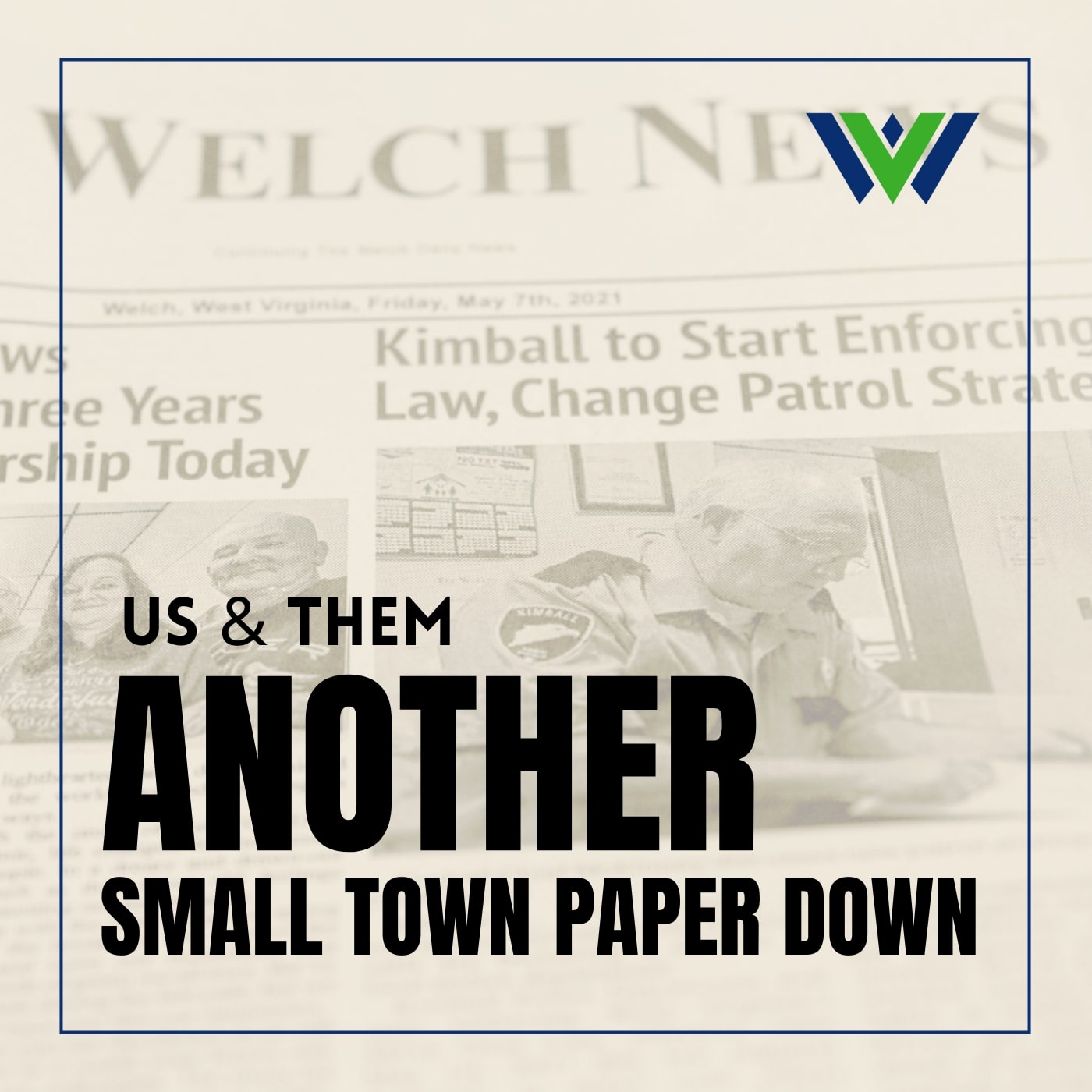




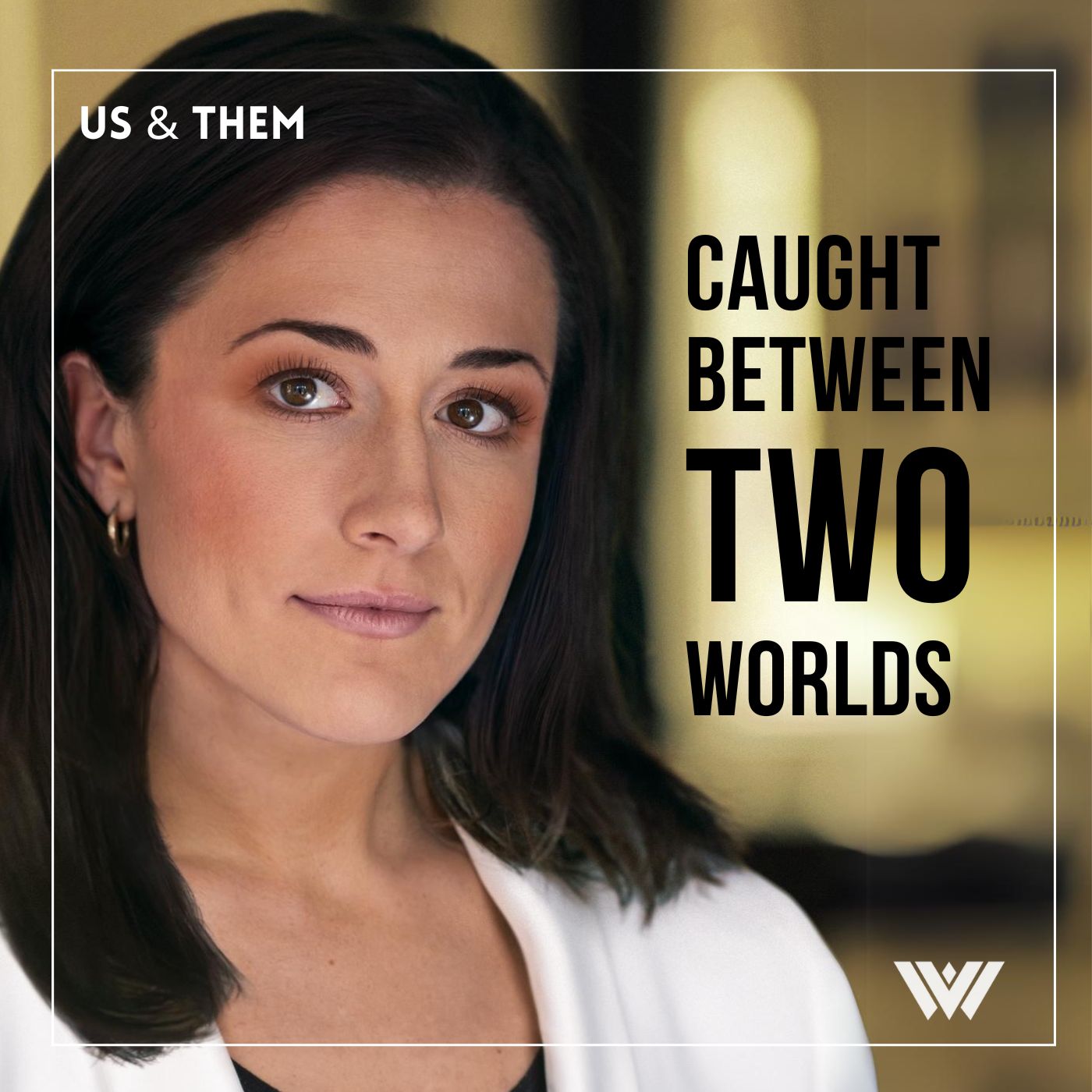





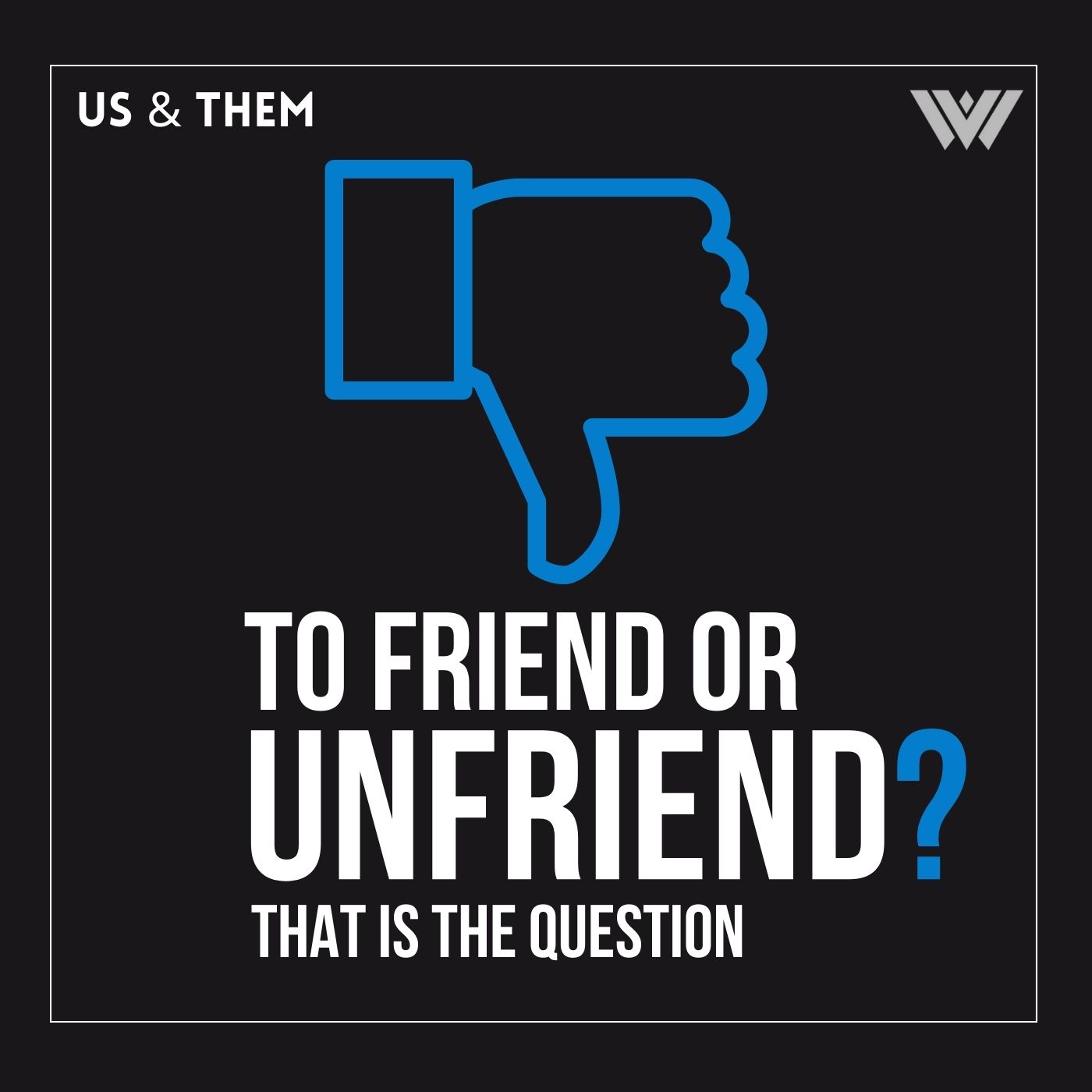
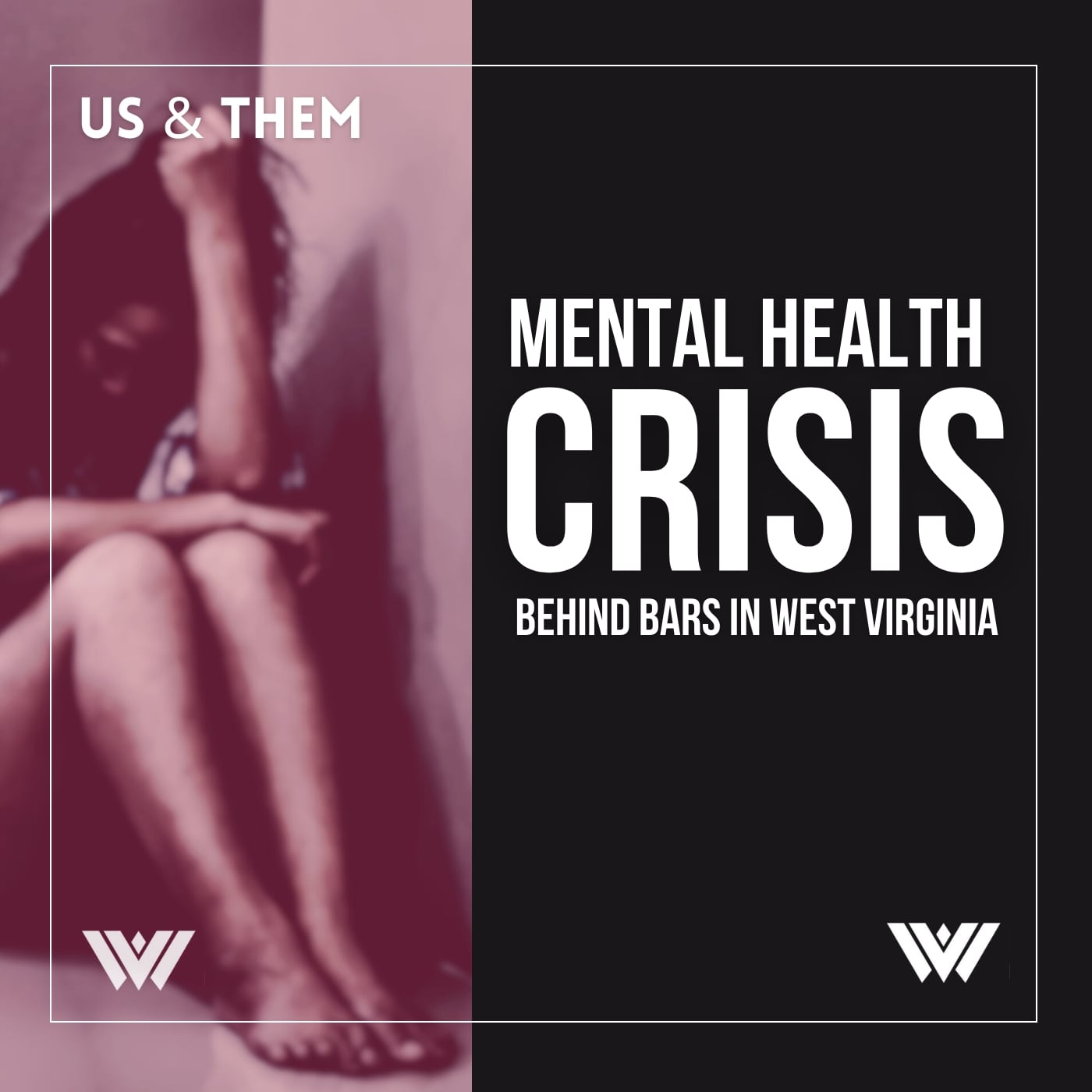


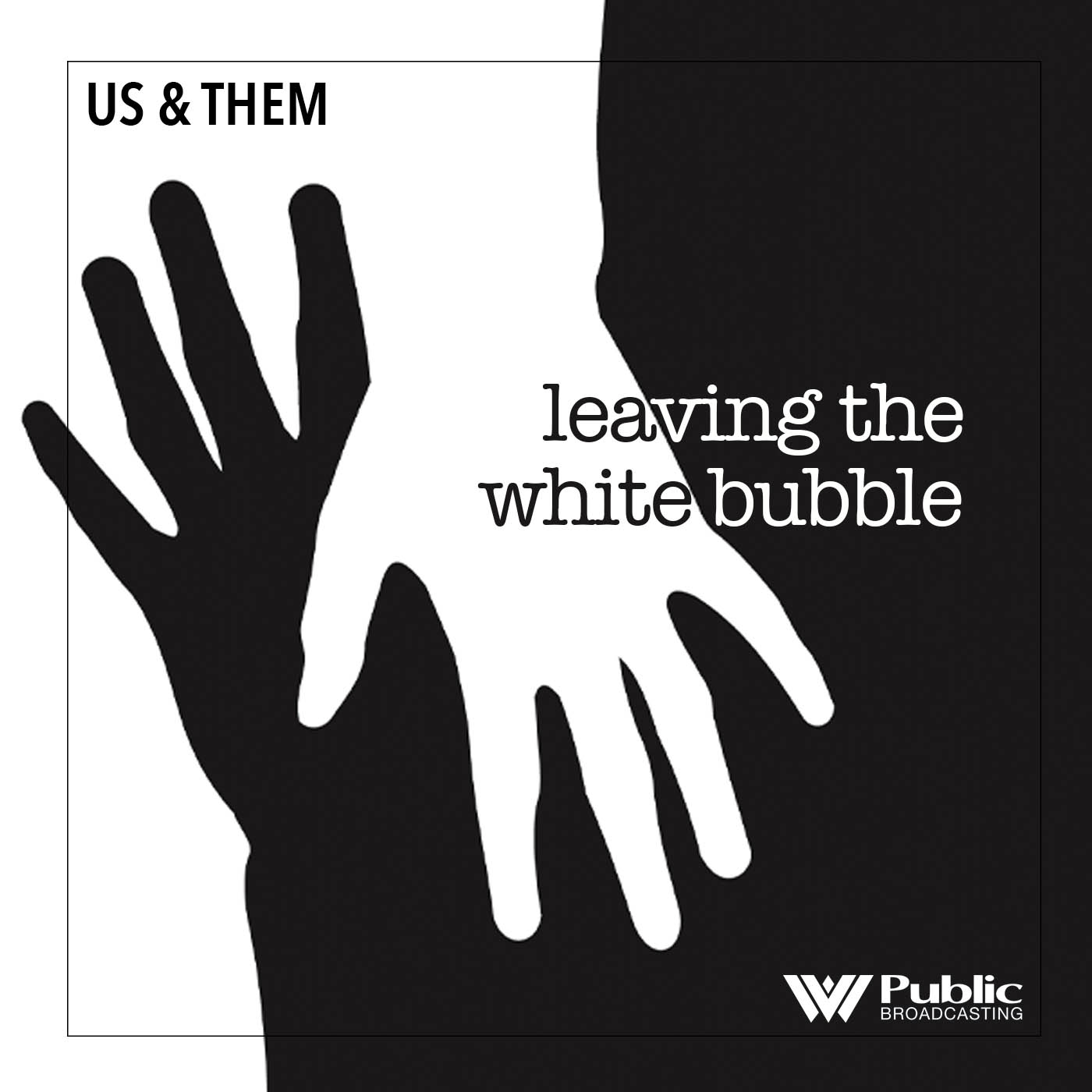

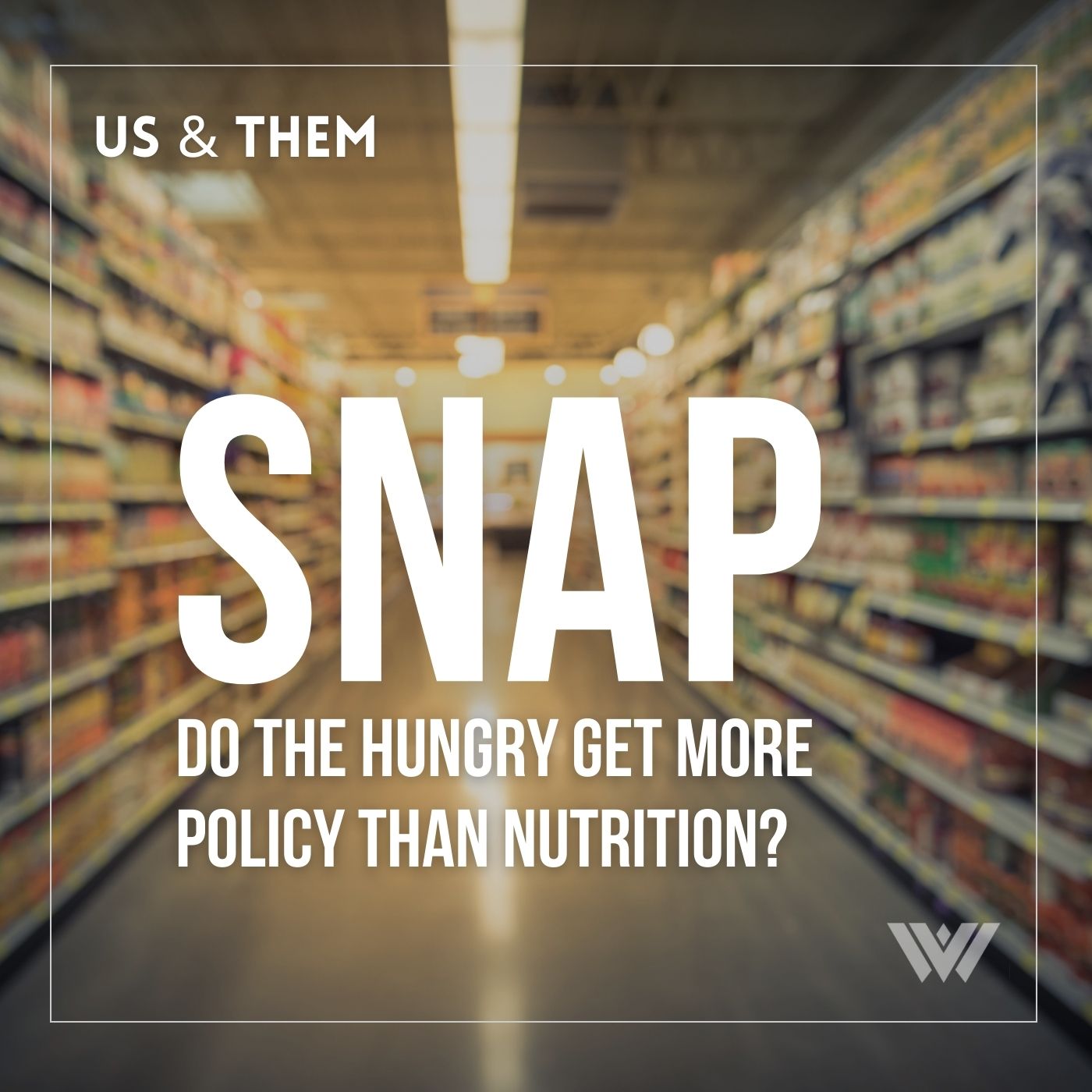
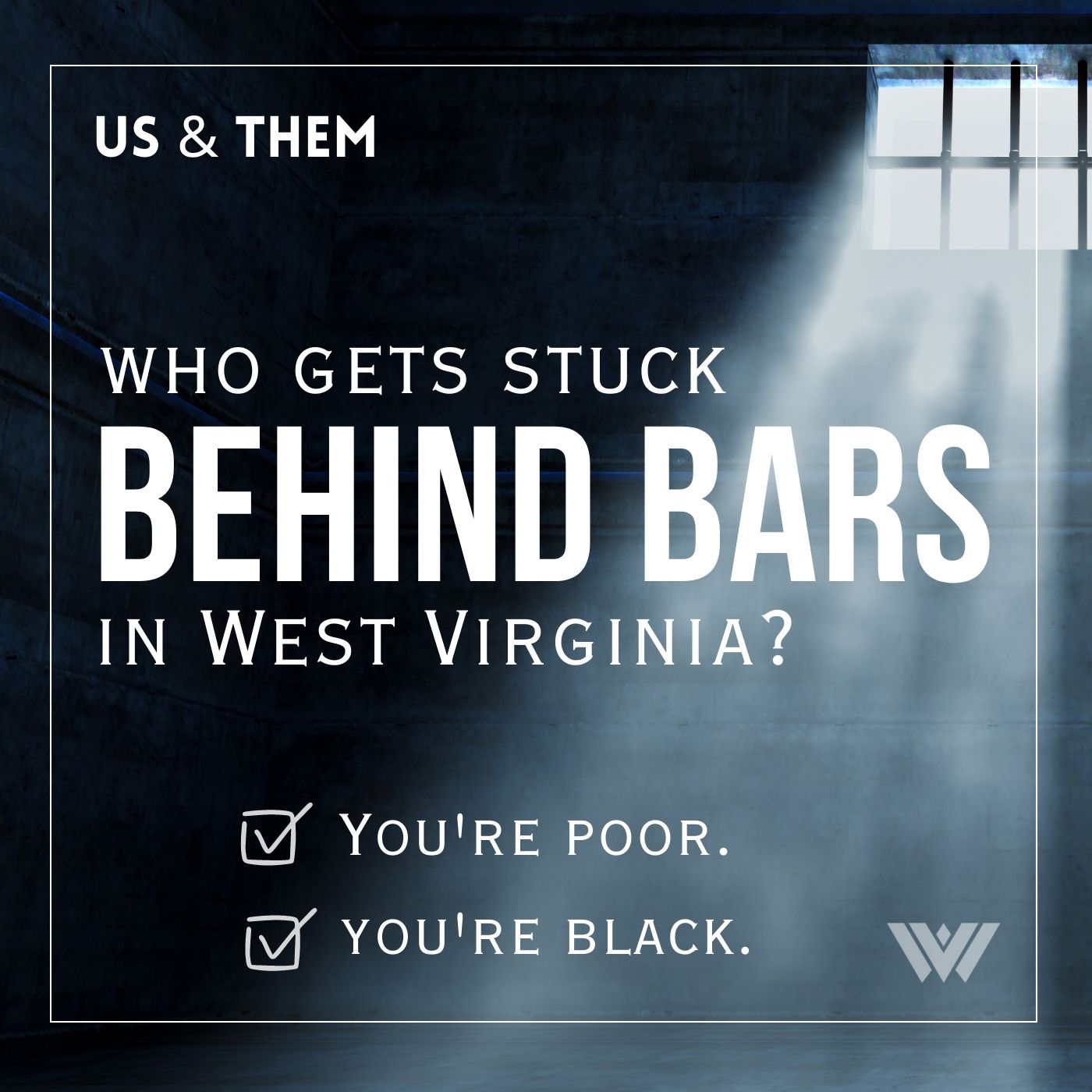



Alice, Alice, Alice... smh
Alice. Alice. Alice.